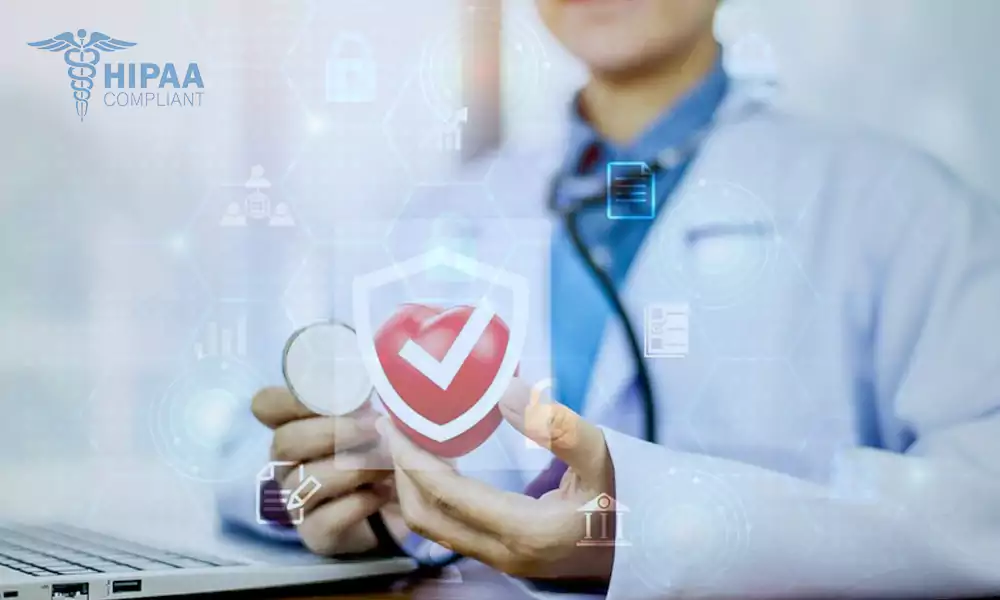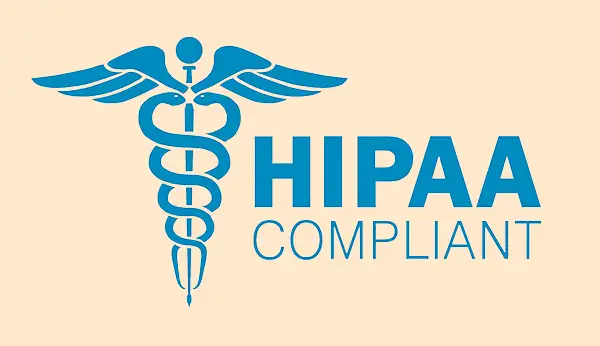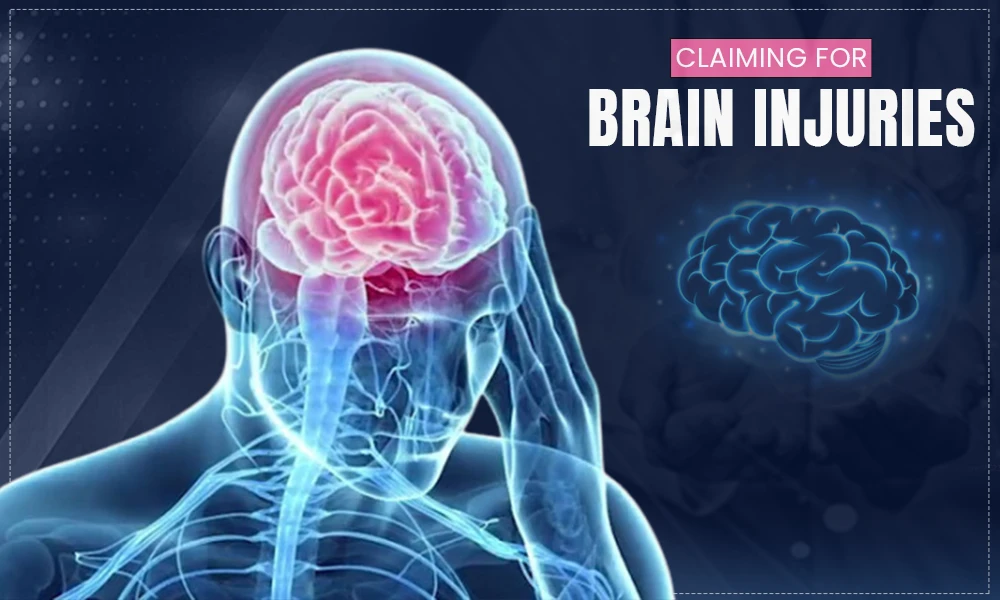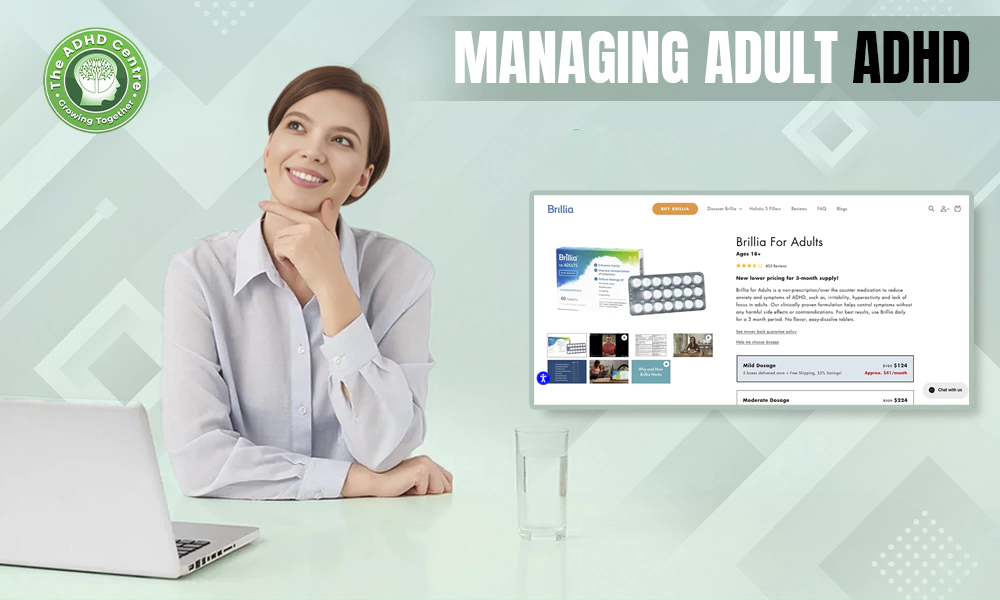HIPAA 101: Everything You Need to Know About Privacy and Security in Healthcare


The HIPAA, Health Insurance Portability and Accountability Act is a data protection act that establishes standards for individual’s Protected Health Information (PHI). Organizations that receive, use, store, and share protected health information should conform to HIPAA regulations. Covered entities like hospitals, pharmacies, and psychology clinics are the prior covered entities. The term “covered entity” is explained as healthcare providers that process individuals’ health, healthcare, and payment stats.
Medical figures are considered sensitive figures. It requires advanced protection. Data protection regulations care about sensitive information and force heavier penalties in case of a breach. It also aims to protect sensitive health information and create rules about protecting medical information at every step of processing.
The Rules of HIPAA
We can group the rules into three categories: Security Rule, Privacy Rule, and Breach Notification Rule.
Security Rule of HIPAA
You must know ePHI (electronic protected health information) first to understand rules. The ePHI refers to the health information that stores digitally. They also cover ePHI protection and safety since digital environments become prevalent in processing medical facts.
HIPAA Security tools include standards for ePHI confidentiality and safety. If an organization store, transmit or process health information digitally, it must comply with rules. These rules ensure ePHI availability, confidentiality, and integrity in covered entities. You must also know that subcontractors and third parties can be subject to HIPAA if they process ePHI in any way.
Security Policies and Technical Methods
The first step towards rules for entities is to create security policies. You can consider this step as an administrative precaution to comply with Safety Rules. Policies are crucial both for data safety and compliance. Organizations can define and explain the technical methods and tools that they use to avoid breaches.
They should avoid unauthorized access to the information resources. They need some cybersecurity tools to provide that. Multi-factor authentication, Zero Trust security, and Virtual Private Networks (VPN) are one of the methods that organizations can benefit from. Furthermore, policies and administrative safeguards can cover employee training because conscious employees are the golden key to information privacy in any organization.
Physical Safeguarding
Physical safety precautions are also vital for the rule. Covered entities must have adequate physical environments to avoid unauthorized persons from accessing PHI documents or computers. Moreover, the environment must be reliable enough to avoid an individual’s PHI from being heard by third parties.
Privacy Rule of HIPAA
The main purpose of the Privacy Rule is to protect data privacy when it’s transmitted verbally, digitally, or with paper. It is the most crucial part of compliance since privacy is the main concern of HIPAA. Organizations store, process, transmit, and destroy PHI. The physical or mental situation of the patient, the healthcare that you provide, and other identifiers such as payment records and identity information are PHI that needs to be protected.
Organizations must have privacy procedures that are compatible with provisions. First of all, you have a policy regarding PHI use and disclosure. How do you use, store, and process medical information, and for which purpose? Your policy documents should answer these fundamental questions. PHI disclosure is another concern. Covered entities and related organizations should disclose PHI at times. However, information disclosure has limits and HIPAA is serious about this situation.
According to HIPAA provisions regarding disclosure, entities can share medical facts with other doctors, hospitals, or any other healthcare providers if and only if they have the consent of the patient. This consent must be signed by the patient. However, it is not possible all the time to obtain consent. In such cases, the act recommends different and detailed solutions.
Breach Notification Rule of HIPAA
When the first two rules are about avoiding privacy breaches, the notification rule refers to the steps after a breach incident. There can be a breach or information stealing even if you take adequate precautions and conform with the act. We call it unavoidable data breaches because it is impossible to avoid them by implementing current methods and tools. On the other hand, some breaches are originated from negligence, accident, or malicious purposes. Organizations should notify Health and Human Services (HHS) and the subject within 60 days after the data breach.
HIPAA Violation
As a healthcare provider organization, you should give due importance to security, privacy, and breach notification rules to avoid violation. We emphasize these rules to protect you from the drastic consequences for HIPAA violation such as penalties and imprisonment. The violation can cause legal, financial, and reputational devastating so you should care the necessary rules before it is too late.
HIPAA Compliance
The compliance is being compliant with the privacy and security rules. It was issued as a federal law and is binding for the covered entities. In case of a breach, covered entities may face penalties. Here, we will explain how to be HIPAA compliant and give organizations a few tips on medical information privacy and security.
Healthcare institutions and other organizations that deal with PHI must protect individuals’ data. These breaches are common and can occur in your organization at every minute. This breach accidents and data loss can be concluded in three ways: You can lose your patients’ and clients’ reputations, you can lose money, and you can face legal sanctions like penalties or imprisonment. It is possible to have it all at once.
Covered entities and organizations must follow Privacy Rule, Security Rule, and Breach Notification Rule to provide compliance. Firstly, entities should evaluate the data types that they process and the risks. It is the only way to create an effective compliance plan. They must be sure about their security tools are sufficient to avoid breaches. IT teams have a vital role in this case. Methods and tools should be effective and current to meet all requirements. Moreover, entities require administrative plans to fight against violations. Employee training, policies, and crisis plans are one of the administrative precautions that entities can take.
Outcomes
HIPAA is one of the vital data protection regulations today. Covered entities and organizations that deal with PHI should obey the rules to avoid the consequences of violence. HIPAA requires privacy, security, and breach rules to safeguard health information. Although data security is a crucial aspect of every organization in today’s market, sensitive data need advanced protection.
You can also visit this link to get the PDF version published by the government stating all the details from the act.
Here, PHI, as sensitive data must be protected by implied rules. Check whether you are subject to the act or not. If you decide that you are subject to it after your research, try to get professional support to become HIPAA compliant. Otherwise, you can fall victim to heavy HIPAA violence consequences.










